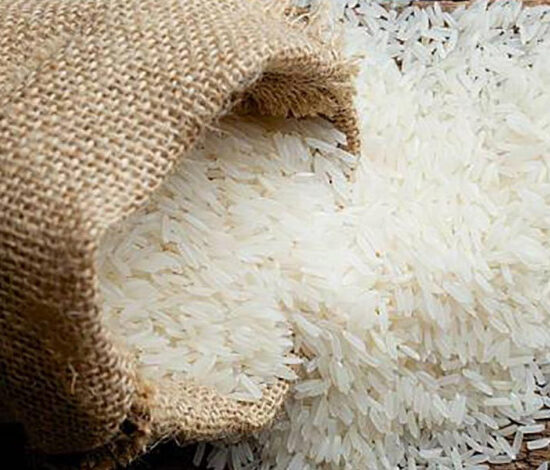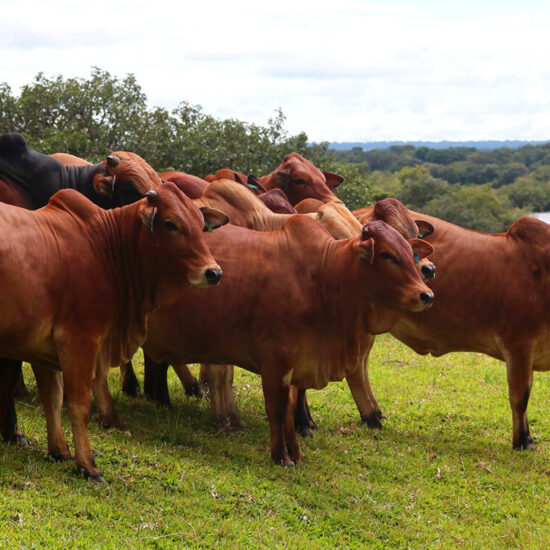
The Crushers and Edible Oil Refiners Association (CEDORA) has disclosed that calls for lifting the ban on the importation of refined cooking oils are misguided and will not result in the reduction of the retail prices of cooking oil in the country.
Association Director Aubrey Chibumba said the cooking oil prices in the country are cheaper than the prices in South Africa where importers would be buying it, so the association does not see how traders will be able to sell it at a cheaper price in Zambia.
Speaking in an exclusive interview with the Zambian Business Times – ZBT, Chibumba said lifting the ban on cooking oil importation would only bring about rampant smuggling of the commodity, under declaring and not paying the right duties and taxes to government as that is the only way importers would be able to sell it at a cheaper price.
Chibumba said only those that have such an “advantage” would benefit from lifting the ban on the importation of edible oils but soya bean farmers and the entire edible oils value chain would bear the cost as the price of soya beans in the country would collapse.
He said the importers would have no impact if they do things the right way because cooking oil in Zambia is cheaper than it is in South Africa, which is the source market for most imports. so it is not possible for them to import the oil using the right channel, landing and selling it at a cheaper price.
“There are over 100,000 local farmers growing soya beans, and about 700,000 Zambians currently deriving their livelihood from the Soya value chain. But when you compare this to the traders, you need to ask yourself: who exactly are these traders? who are they and how many are they? are they even Zambians, do they pay taxes and have employees?, so who get the benefit when you import refined cooking oil and then the local soya bean price drops, who are you impacting the most”, Chibumba questioned.
Chibumba said 95% of the edible oils consumed in Zambia are produced by the association’s members and the ban on the importation of cooking oil has not affected the price of cooking oil at all. He attributed the current increase in prices to the depreciation of the Kwacha as crude palm oil imports have had to take the increase in prices.
He revealed that two thirds of the edible oil that the country consumes is currently imported as crude palm oil because Zambia does not produce enough oil seed despite having excess crushing capacity, which can process about two thirds of annual edible oil consumption.
He also said that Zambia has refinery capacity of twice the country’s annual consumption adding that Zambia has excess capacity but oil seed cultivation has not expanded to that level yet.
CEDORA’s Chibumba further stated that as the country increase oil seed cultivation and production, crude palm oil has to be imported, otherwise there won’t be enough cooking oil to meet the demand for the country.
Chibumba said the international price of crude palm oil, which is the main oil that is imported increased from about US$750 this time last year to about US$1,300 and the kwacha devaluation from about K14 per 1 US dollar to the current about K22 per 1 IS dollar has greatly affected the cooking oil prices. The increase in commodity prices is a global phenomenon that has spilled over to other commodities as well.
He added that the exchange rate and the high interest rates are factors that affect the prices of commodities domestically. Chibumba told ZBT that looking at these two factors, prices should have gone up by about 83% but they have only gone up by 53%. The local edible oil producers have shouldered some of the cost as sales volumes have dropped so much as people are finding the retail product expensive.
“If we try to push prices too high, demand will drop even further and it will put us in a difficult situation. The retail price of cooking oil in our shops is lower than the retail price in South Africa, so when you traders are saying this ban has led to the increase in prices, then why is our cooking oil cheaper here”, he asked.
He also noted that the ban on the importation of edible oils was effected in 2017 but cooking oil prices remained stable until last year when prices started going up. When you check this timeline, it is the same time that the country experienced rapid depreciation of the Kwacha, which is a clear indication that the ban has nothing to do with the high prices.
Chibumba explained that the producers of edible oils in Zambia are not causing the problem, as they have no control over the exchange rate and international commodity prices. He however agreed that increasing local production of seed oils like soya beans and sunflower would result in massive benefits for the economy.
We need to make sure that local soya or seed oil prices don’t collapse as farmers will abandon growing the crop. Zambia is capable of growing enough soya to feed the entire capacity for edible oil crushers and producers and even export to neighboring countries, but there is need for policy consistency to sustain year on year increase in Soya production.







